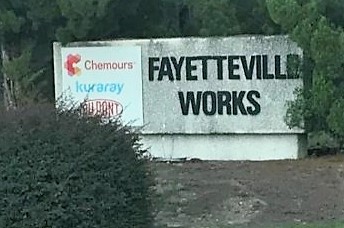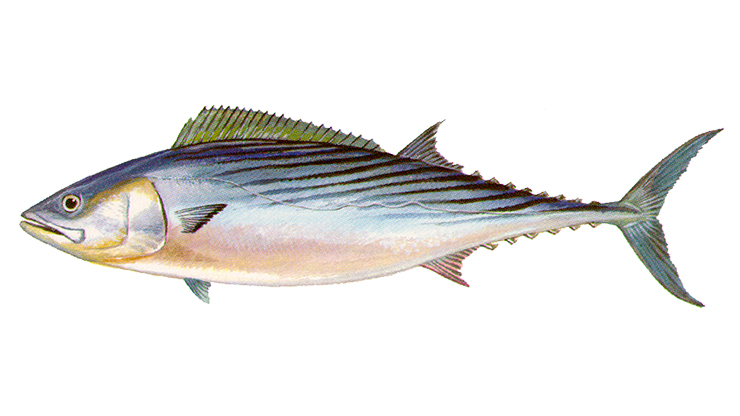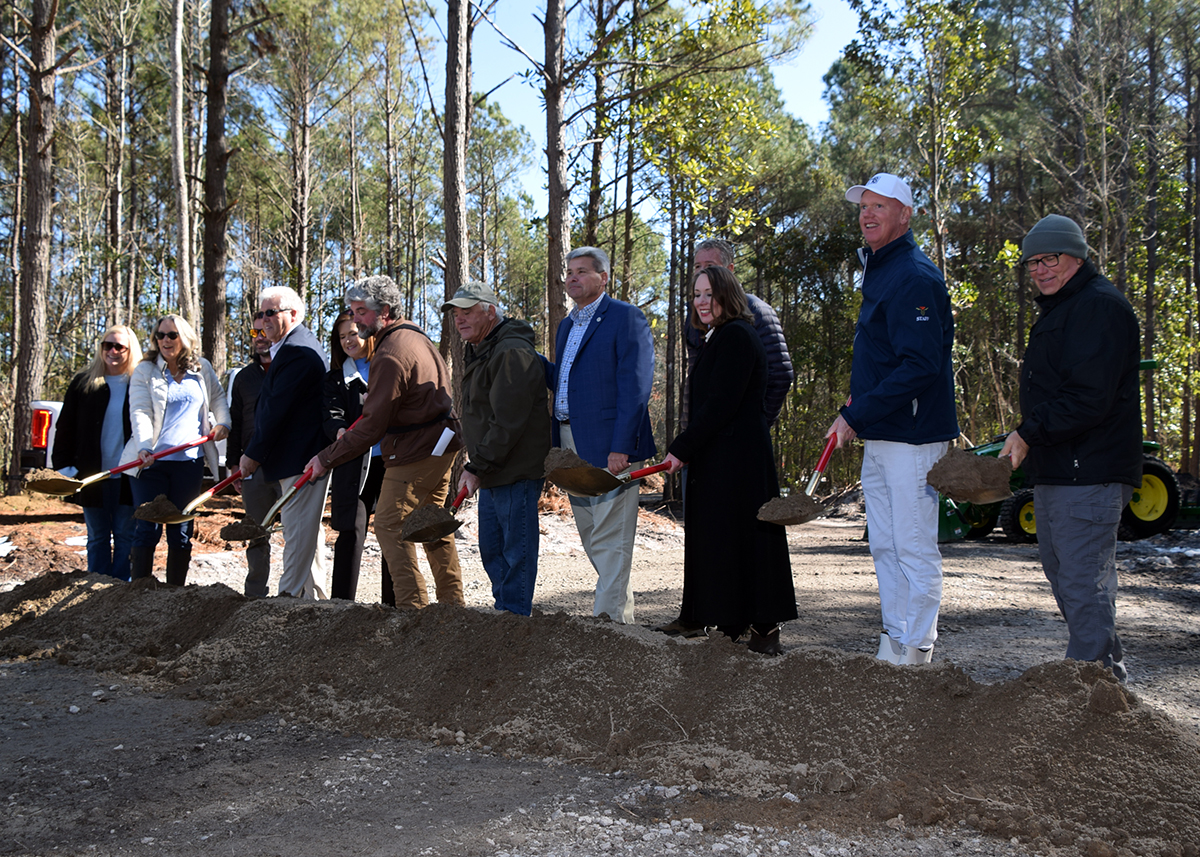 The state is penalizing Chemours nearly $200,000 for failing to protect downstream communities by preventing residual per- and polyfluoroalkyl substances, or PFAS, contamination at its Fayetteville Works site from flowing into the river.
The state is penalizing Chemours nearly $200,000 for failing to protect downstream communities by preventing residual per- and polyfluoroalkyl substances, or PFAS, contamination at its Fayetteville Works site from flowing into the river.
The North Carolina Department of Environmental Quality assessed $198,929.16 in penalties in the recent enforcement actions against Chemours for failing to meet conditions of the consent order signed in 2019 and violations related to the construction and installation of the required treatment measures at Old Outfall 002 and Seep C at its Fayetteville Works facility, the department announced Wednesday.
Supporter Spotlight
“DEQ is committed to protecting communities and their water quality and ensuring that Chemours meets all its requirements and obligations, including those under the Consent Order to prevent PFAS from entering the Cape Fear River,” said Secretary Dionne Delli-Gatti in a statement. “We will take all appropriate enforcement actions, whenever they fall short of those obligations.”
DEQ has notified Chemours of the following penalties:
- DEQ has demanded payment of $127,000 in stipulated penalties pursuant to the consent order based on inadequate design of the treatment system at Old Outfall 002 that become operational on Sept. 30. This inadequate design resulted in the failure of the treatment system to consistently meet the requirements of the consent order and necessitated a series of design changes.
- The Division of Water Resources Civil Penalty Assessment for $38,437.16 for violations of the NPDES permit for the treatment system at old Outfall 002 include exceeding an effluent limit, failure to meet flow requirements, and improper operation and maintenance.
- The Division of Waste Management Administrative Penalty of $28,492 for improper disposal of excavated soil during the construction of the treatment system at Old Outfall 002.
- The Division of Energy, Mineral and Land Resources Civil Penalty Assessment of $5,000 for land-disturbance and stormwater violations related to the construction and installation of the Seep C treatment system.
The treatment system at Old Outfall 002 is currently working as intended to remove PFAS from the contaminated stream channel before it reaches the Cape Fear River. DEQ continues to monitor the performance of the treatment system to verify that the design improvements are sufficient to ensure ongoing compliance with the consent order.
The NPDES permit is limited to treatment of the contaminated stream waters at Old Outfall 002. Since 2017, Chemours has been and is still prohibited from discharging process wastewater.
The in-stream treatment cell at Seep C is one of four interim treatment measures required under the Addendum to the consent order to address contaminated groundwater reaching the river. Additional seep treatment locations are scheduled to be completed by April 2021.
Supporter Spotlight
Lisa Randall, a spokesperson for Chemours told Coastal Review Wednesday that the company is in the process of reviewing the information received from DEQ.
“Chemours takes seriously our obligation to be a responsible manufacturer. We have reduced our overall site PFAS emissions by 97%, and we’re continuing to work hard to meet our remaining commitments. Throughout this entire process, we have not backed away from our responsibilities and continue to make progress with our site remediation plan, including working through operational challenges with one of the new treatment systems we installed to reduce legacy PFAS discharges to the Cape Fear River,” she said. “We’ve been improving the treatment system’s ability to handle sediment loads, and have already made upgrades to allow for better solids management and overflow during heavy rains. We’re focused on additional upgrades to improve the overall robustness and reliability of this system.”
Copies of the penalty assessments, Notices of Violation and other documents related to the consent order are available online.







